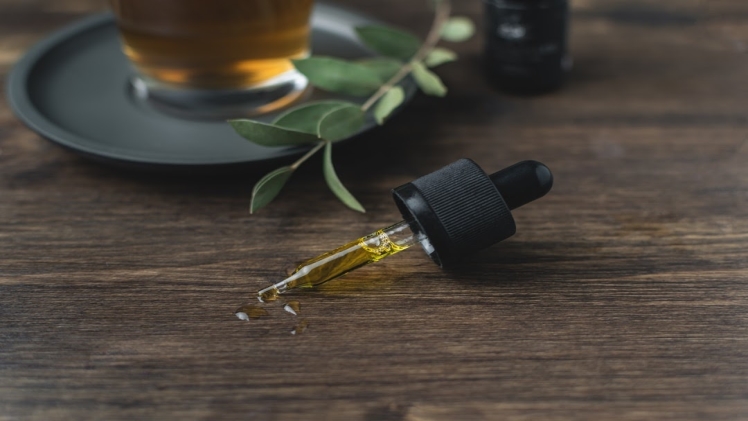The increased growth and acceptance of the cannabis industry have allowed for the introduction of new cannabinoids to the market. Arguably the most well-known and utilized is CBD. But while CBD has become a popular natural health alternative, does it really work as many advertise it? If CBD oil has come to your attention, let’s dive into what it is and whether or not it’s as useful for the conditions as it’s often touted.
What is CBD, and what does it mean when it’s in an oil product?
Cannabidiol (CBD) is a cannabinoid found within the hemp plant that is said to contain many of the same properties as its more well-known relative, THC. Unlike THC, however, CBD isn’t known for producing the same psychoactive effects as THC, which is why it’s often touted as one of the best natural solutions to certain health conditions. Additionally, because CBD is extracted from the hemp plant, you’ll typically only find natural ingredients in your chosen product.
In regards to CBD oil products, these products are typically oil-based products that can be applied to the skin, orally, or in food and drink to attempt to receive the purported benefits of CBD. In some cases, you may hear CBD tincture being described as CBD oil. However, it’s important to note that oil products combine CBD with carrier oils while CBD tinctures are products that are created by extracting CBD with alcohol (although these products often have a flavor to make the application more desirable).
If you’re interested in learning more about CBD, use an authoritative resource like Bloom and Oil. This trusted resource has all of the information you need about CBD and cannabis in the form of guides, reviews, and insightful news pieces. Whether you’re trying to source new CBD products, discover new developments in the industry, or just explore, they have you covered!
Is CBD effective in alleviating any of the conditions it says it does?
There are good reasons to avoid buying into the hype of new, natural products (you need only look to essential oils as an example). Although CBD is claimed as being a catch-all for discomfort, trouble sleeping, and occasional anxiousness, the truth is that there’s far too little research made to draw any definitive conclusions. Until the research is supportive enough to actually tell us what CBD can do and what it can’t, the only thing you have to go on is what other users have reported. Therefore, CBD is highly experimental, and it should be used at your own discretion.
Before you begin to take CBD, reach out to your primary care physician to discuss CBD and to understand any of the risks or interactions associated with it.
What should you be looking for when shopping for oil?

If you do determine that CBD is something you wish to apply to a certain condition, you should only shop with vendors who have a strong reputation in the industry. Unfortunately, there are many vendors who may wish to take your money or provide you with a subpar quality product (for example, giving you hemp oil instead of CBD oil). Additionally, look for CBD oil that contains no pesticides or herbicides, is made from organic hemp, and has testing results that you can examine. The more transparent and responsible a company is, the better it is to buy from them.
CBD is everywhere, but that doesn’t mean that its reputation is as true as many believe it to be. If you’ve been thinking about taking CBD oil for a condition you’re dealing with, use the guide above to learn more about CBD, its efficacy, and whether or not it’s right for you.

